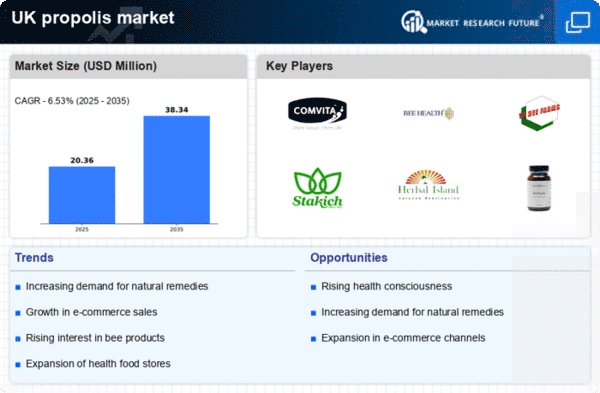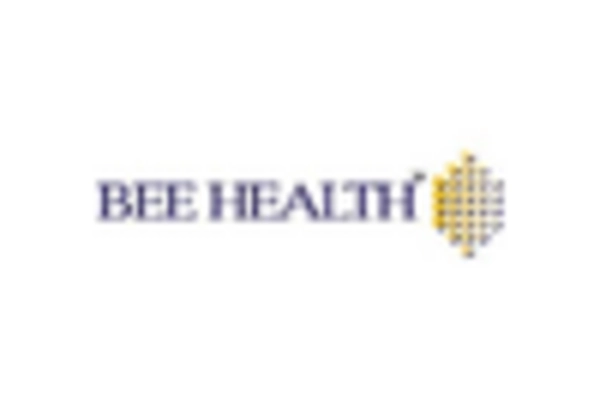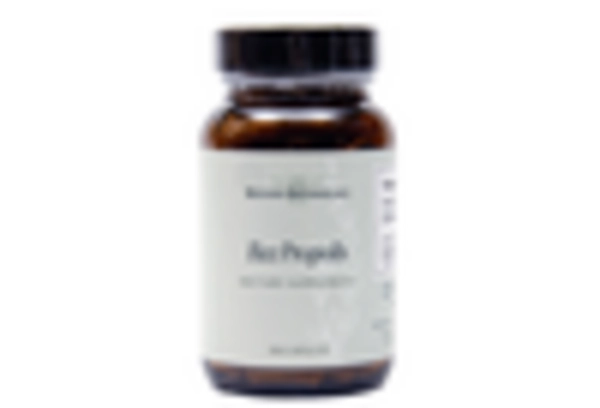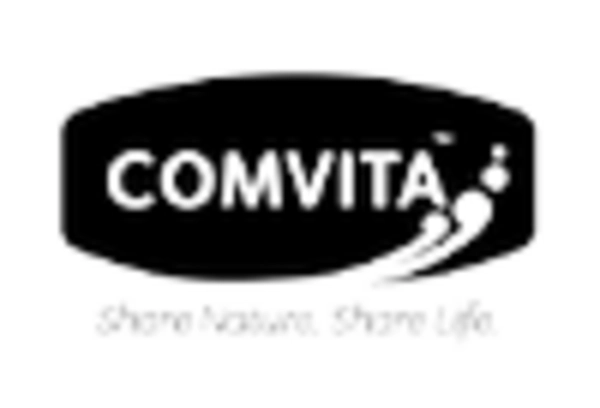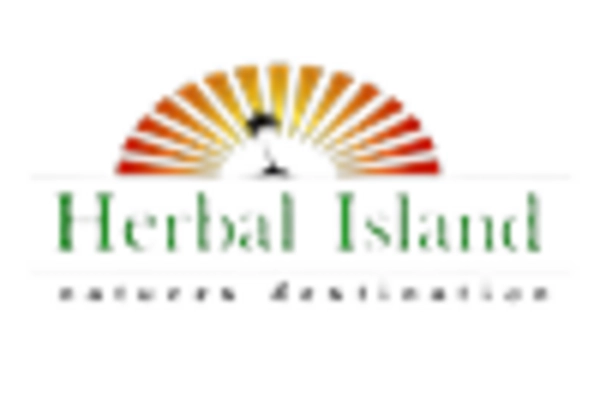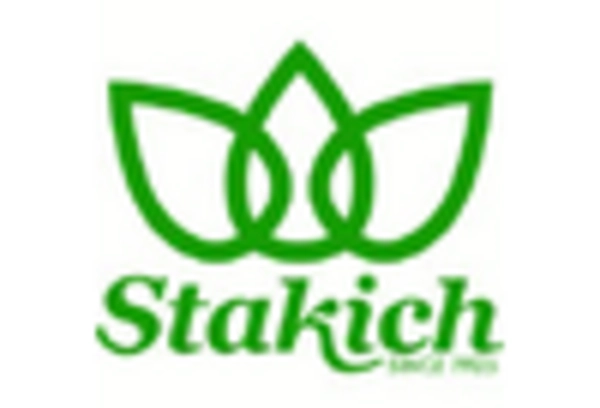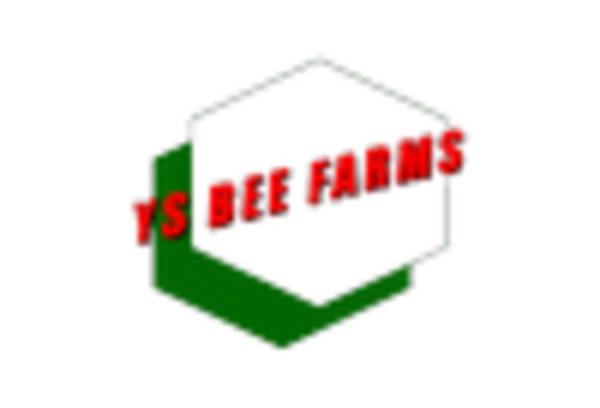E-commerce Expansion
The rapid growth of e-commerce in the UK is transforming the way consumers access products, including those in the propolis market. Online sales channels have become increasingly popular, with a reported increase of 30% in online health product sales over the past year. This shift allows consumers to easily find and purchase propolis products from the comfort of their homes. Additionally, e-commerce platforms often provide detailed product information and customer reviews, which can enhance consumer confidence in purchasing propolis. As more consumers embrace online shopping, the propolis market is likely to see a significant boost in sales, particularly among younger demographics who are more inclined to shop online. This trend indicates a promising future for the market as digital retail continues to expand.
Sustainability Trends
Sustainability is becoming a crucial consideration for consumers in the UK, influencing their purchasing decisions across various sectors, including the propolis market. As consumers become more environmentally conscious, they are likely to seek products that align with their values. Propolis, often sourced from sustainable beekeeping practices, may appeal to this demographic. Reports indicate that around 60% of UK consumers are willing to pay a premium for sustainably sourced products. This trend suggests that the propolis market could benefit from highlighting its sustainable sourcing and production methods. Companies that adopt eco-friendly practices may find themselves at a competitive advantage, attracting a growing segment of environmentally aware consumers.
Growing Health Consciousness
The increasing awareness of health and wellness among consumers in the UK appears to be a significant driver for the propolis market. As individuals seek natural remedies and supplements, the demand for propolis, known for its potential health benefits, is likely to rise. Recent surveys indicate that approximately 70% of UK consumers prefer natural products over synthetic alternatives. This trend suggests that the propolis market could experience substantial growth as more people turn to natural solutions for health issues. Furthermore, the rise in chronic diseases and the aging population may further fuel this demand, as consumers look for preventive measures and holistic approaches to health. The propolis market is thus positioned to benefit from this shift towards natural health products.
Rising Interest in Beekeeping
The growing interest in beekeeping among UK residents is emerging as a notable driver for the propolis market. As more individuals engage in beekeeping, the awareness of bee products, including propolis, is likely to increase. This trend is supported by various beekeeping associations reporting a rise in membership and participation in workshops. The educational aspect of beekeeping fosters a deeper understanding of the benefits of propolis, potentially leading to increased consumer demand. Furthermore, the UK government has been promoting sustainable practices, which may encourage more people to consider beekeeping as a hobby or business. This could result in a more robust supply chain for propolis, positively impacting the market.
Increased Research and Development
The propolis market is witnessing a surge in research and development activities, which could significantly impact its growth trajectory. Recent studies have explored the various health benefits of propolis, including its antimicrobial and anti-inflammatory properties. This research is likely to enhance consumer awareness and trust in propolis products. Furthermore, as scientific evidence supporting the efficacy of propolis accumulates, it may lead to increased product innovation and diversification within the market. The UK government has been supportive of research initiatives, providing funding for studies related to natural products. This focus on R&D may result in new product formulations and applications, thereby expanding the propolis market and attracting a broader consumer base.


